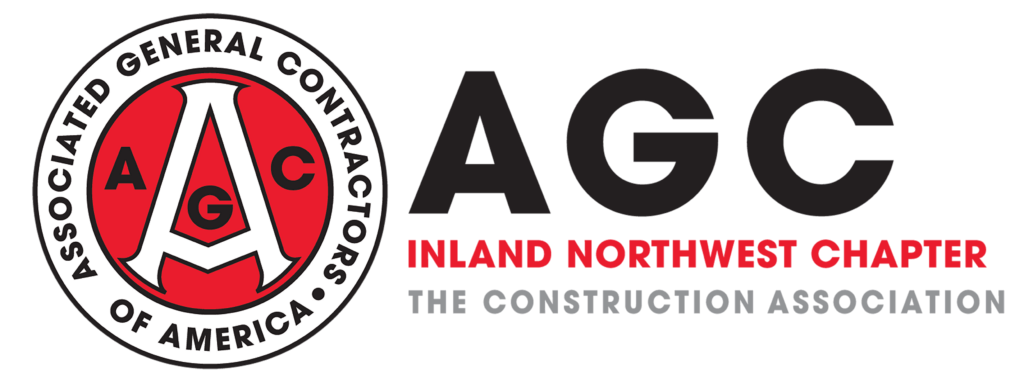Next Steps on AGC’s Big Win Challenging the Federal PLA-Mandate
AGC recently celebrated a big win for AGC members working for the federal government in the case MVL USA Inc. vs. USA, which can be found here. AGC hired outside counsel to develop a novel legal strategy to protest the federal government’s mandate to use project labor agreements (PLAs) on all projects of $35 million or more, unless an exception applies. The new government PLA mandate stems from the Biden Administration’s February 4, 2022, Executive Order 14063 and its implementing regulations in FAR 22.503 which became effective in January 2024.
What is the significance of the decision to AGC members who perform federal construction work and to the industry at large? The United States Court of Federal Claims Judge Ryan Holte declared that “In sum, the PLA mandate ‘precludes full and open competition by effectively excluding [a non-PLA] offeror from winning an award’—both in the function of the mandatory rule itself and in the apparent policy to deny exceptions even when the agency itself commissions data indicating an exception should be made. See NGS, 923 F.3d at 990. Accordingly, the court finds the PLA mandates have no substantive performance relation to the substance of the solicitations at issue and violate CICA’s requirement that procuring agencies “obtain full and open competition through the use of competitive procures.” 41 U.S.C. § 3301(a) (emphasis added); see also NGS, 923 F.3d at 982.While the January 19 decision[1] for the moment applies to the 12 solicitations challenged by the bid protests, AGC believes that in the coming weeks, the decision will be applied to all procurements. This would mean that the PLA mandate would no longer apply to large federal construction solicitations.
Significantly, now that a federal court has declared that the PLA mandate violates CICA, it may have a more long-lasting impact than the yo-yo effect of one administration issuing executive orders and subsequent administrations rescinding them.
Why and how did AGC get involved? AGC of America neither supports nor opposes contractors’ voluntary use of PLAs but strongly opposes any government mandate for contractors’ use of PLAs as a condition of bidding or working on any publicly funded construction project. In furtherance of that policy, AGC hired outside counsel, AGC member Fox Rothschild, to develop the strategy that created the legal blueprint that prevailed. Fox Rothschild developed a novel approach of contesting the legality of the PLA mandate as an unlawful socio-economic set-aside without statutory authority and taking such challenges to the U.S. Court of Federal Claims through bid protests. AGC supported the development of the common legal underpinnings common to the bid protests cases, and AGC staff shared information involved in these bid protests.
How did AGC members challenge the government mandate for the use of PLAs? Six AGC members filed bid protests on 12 different projects, each estimated to cost over $35 million.
What are the next steps after the decision? Judge Holte directed the contracting agencies involved in the case to “reassess their PLA decision and to advise the court of their “plan for each solicitation moving forward.” He gave them an initial deadline of February 3 to do so, but a one-week extension to February 10 has been granted. If the contracting agencies fail to remove the PLA requirements, Judge Holte may issue an injunction against requiring PLAs in the projects. It is even possible Judge Holte will issue a nationwide injunction against PLAs.
What would happen if the government appealed this decision? A government appeal would go to the U.S. Court of Appeals for the Federal Circuit and thereafter could potentially be reviewed by the U.S. Supreme Court. It is expected that if the government appeals, Judge Holte’s decision will remain in effect. AGC does not expect the PLA mandate to be revived unless Judge Holte’s decision is overturned on appeal.
What action might AGC members take if there is a new federal government solicitation with a PLA mandate? Based on Judge Holte’s decision, an AGC member seeking to challenge a solicitation containing the PLA mandate should first contact the contracting officer and inform them of this decision. Using a pre-bid request for information and including the above link to the MVL decision is one possible avenue of communication. Another avenue is to consider filing a bid protest at the Court of Federal Claims prior to the close of the bidding process, ideally before the solicitation closes. Contacting experienced legal counsel for a federal bid protest is advisable.
What steps might AGC members take for projects that have been awarded with a PLA mandate? It is unclear at this point what will happen with the 20 or so projects already awarded with PLAs. It is unlikely that Judge Holte’s injunction would also apply to already-awarded projects. However, it is possible that the PLAs on those projects would no longer be enforceable, in which case the government could descope the PLAs or the contractor could terminate it, depending on the circumstances of each project. An AGC member in this situation should seek legal counsel experienced in the relevant areas of the law to evaluate options.
How can AGC members support this kind of effort in the future? Support AGC’s Construction Advocacy Fund (CAF)! AGC’s CAF involvement led to this big win for AGC members, which was made possible thanks to member contributions to the Construction Advocacy Fund (CAF). AGC’s CAF funded the development of the legal strategy. The CAF also provided financial support to develop key legal arguments used in the bid protests filed by AGC members, further strengthening the broader effort to challenge the PLA mandate. More information can be found here: https://constructionadvocacyfund.agc.org/.
For additional questions or comments, contact Brian Perlberg, Senior Counsel, at brian.perlberg@agc.org, or Leah Pilconis, General Counsel, at leah.pilconis@agc.org.
